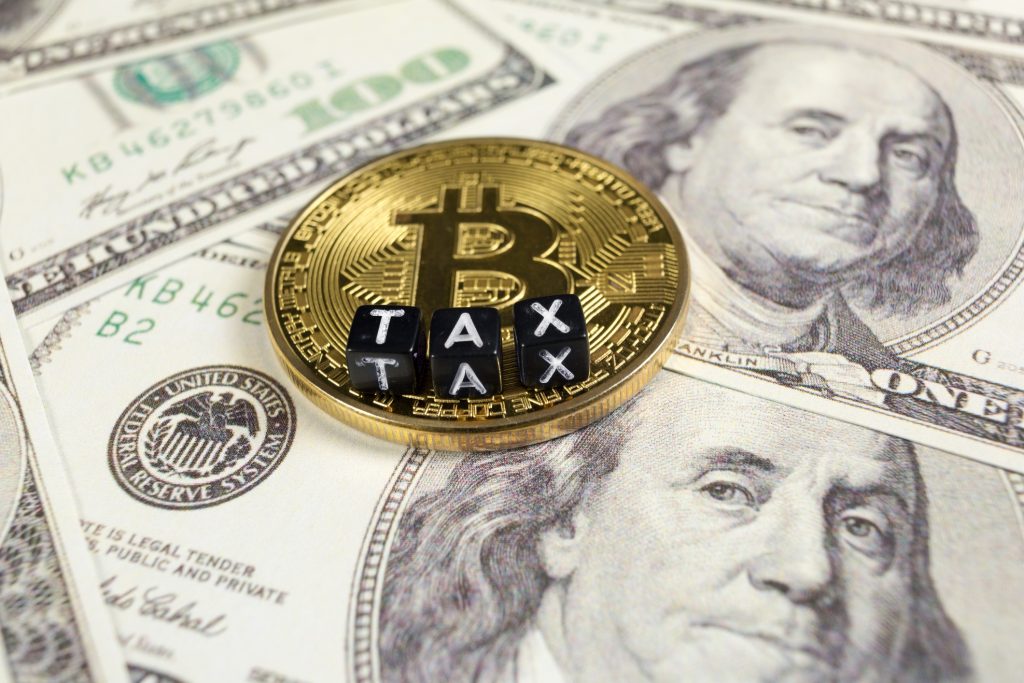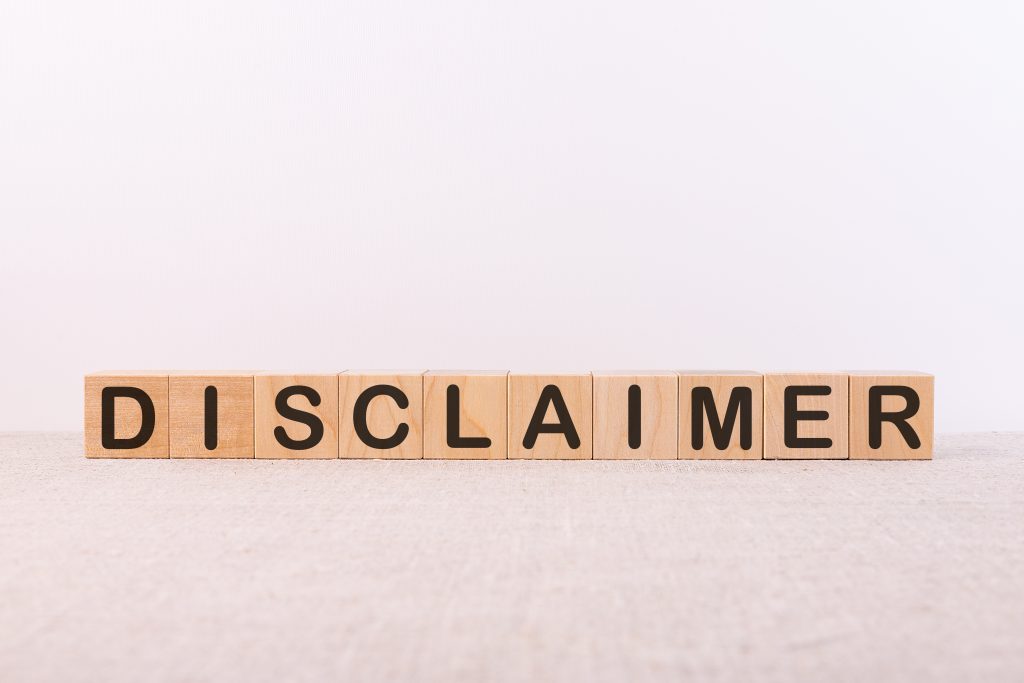
Cryptocurrencies and the Bitcoin bonanza
Cryptocurrencies and the Bitcoin bonanza
As we hurtle towards the easing of lockdown and the government restrictions on social contact being lifted, the future economic environment remains more uncertain than ever. Some questions which both individuals and businesses face will remain the same. Where to invest cash?
With talks of a potential market crash looming, it is safe to say that no investment comes without risk. One such investment which has caught headlines in recent months is cryptocurrencies and leading the way is Bitcoin.

What is Bitcoin?
Bitcoin is a form of cryptocurrency or 'virtual money’; it currently is the most popular of the two thousand crypto assets available in the market today. Cryptoassets are cryptographically secured digital representations of value or contractual rights that can be: transferred, stored, and traded electronically.
Bitcoin works through storing information in a ‘blockchain’ which is a public transaction database, a permanent record of a ledger. There is no master copy of this ledger and it is one to which all participants have access. The cryptocurrency stored on the ledger is, therefore ‘decentralised’, thus making it an attractive investment. One of the benefits of decentralisation means Bitcoin is not subject to hyperinflation in particular where government policies may have an impact upon purchasing power.
Why are prices of crypto assets rising?
One of the key drivers of the surge of the price of Bitcoin has been an unexpected one; the uptake by institutions. In recent months, listed companies have started to invest in Bitcoin, companies such as MicroStrategy, Squared, and more recently Tesla have decided to diversify their cash reserves and replace a percentage of their holdings for Bitcoin. The impact this is having is the potential for the emergence of a new asset class. As more corporate balance sheets replace cash for Bitcoin, the trend of broad-based adoption may likely continue.

Accounting issues
As the world of fintech and cashless-based transactions become increasingly common, the accounting and tax treatment for these transactions will also have to play catch up. Currently, accounting for cryptocurrency assets does not easily fit within the IFRS framework and therefore the majority of cases for accounting for these transactions is in accordance with IAS 38 ‘Intangible Assets.'
IAS 38 ‘Intangible Assets’ defines an intangible asset as ‘’an identifiable non-monetary asset without physical substance.’’
Cryptocurrencies can be:
1) Traded in an exchange (thus are identifiable).
2) Are subject to fluctuations in value based on supply and demand (thus non-monetary).
3) Do not have physical substance.
Hence the definition as per IAS 38 intangible assets has been met. The potential accounting approaches therefore can be considered under the cost or revaluation method. Under the cost model, the associated intangible would be recognised at the fair value at the time of acquisition.
It is also possible to account for an intangible (such as a cryptoasset) at a revaluation amount provided there is an active market in which it trades. It is worth noting this may not be the case for all cryptocurrencies. In terms of the revaluation model, the intangible will initially be recognised at cost and subsequently measured at fair value less accumulated amortisation and impairment losses.

What are the tax implications?
In the UK, HMRC currently does not consider cryptoassets to be currency or money, however, individuals which hold cryptoassets (such as Bitcoin) for capital appreciation will be liable to pay Capital Gains Tax (on gains above the available annual exempt amount), when they dispose of their cryptoassets. The buying and selling of cryptoassets by an individual are therefore considered to be an investment activity.
As a corporation there may be a number of taxes involved depending upon the business activities being carried out. These will require annual declaration to HMRC on a Company Tax Return.
If you require any tax or accounting advice with regards to recognition or disposal of cryptoassets either as an individual or a business, please get in touch with a member of our team on 020 7306 9100 where we will be happy to assist you.

The information in this article is believed to be factually correct at the time of writing and publication, but is not intended to constitute advice. No liability is accepted for any loss howsoever arising as a result of the contents of this article. Specific advice should be sought before entering into, or refraining from entering into any transaction.

Written by
Ihsan Sajjad
View Profile
